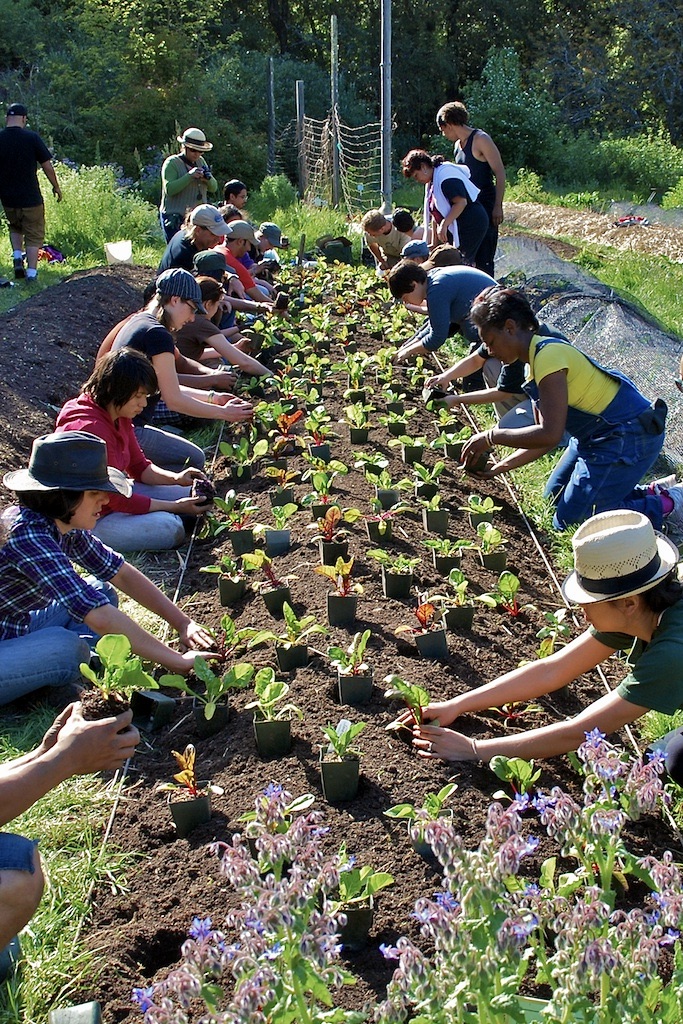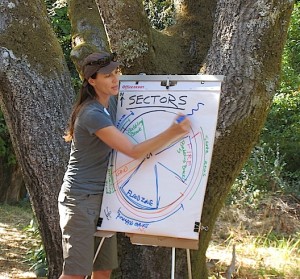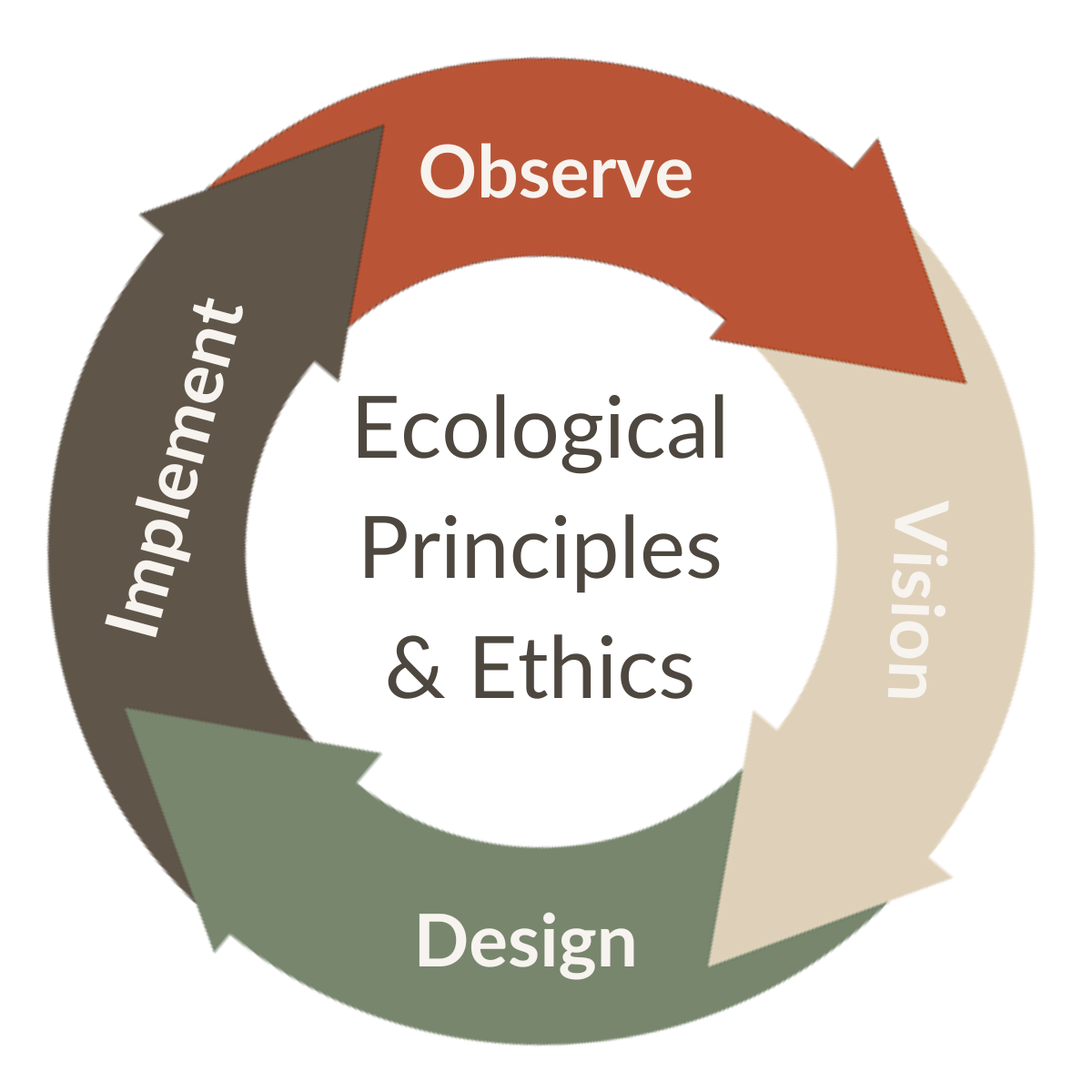Resilient Community Design
Resilient Community Design (RCD) supports communities to create ecologically regenerative and socially just land stewardship systems that are mutually beneficial to earthlings and the ecosystems they depend upon.
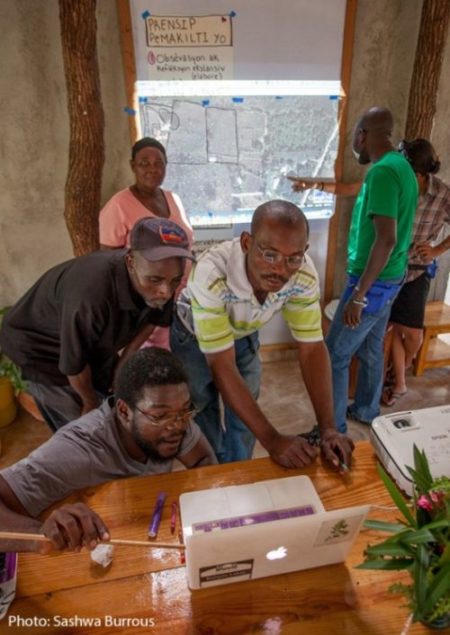
Every community has the knowledge, the ability, and the right to craft an ecologically regenerative, economically viable, and socially just future for themselves.
Resiliency depends on a group’s ability to adapt to changing conditions by developing social and physical infrastructure that can withstand shocks over time.
Our RCD program facilitates community leaders to design and implement ecological, land-based solutions that promote human rights and responsibilities and grow personal and community well-being. The explicit goal of RCD is for a land-based community to create a design map for their site that can be implemented overtime. Other goals include:
- To grow ecological literacy and sense of place
- To magnify sovereignty-thinking, community determination, self-governance, and a collective sense of agency by practicing group decision-making and communication
- To foster relationships by working together
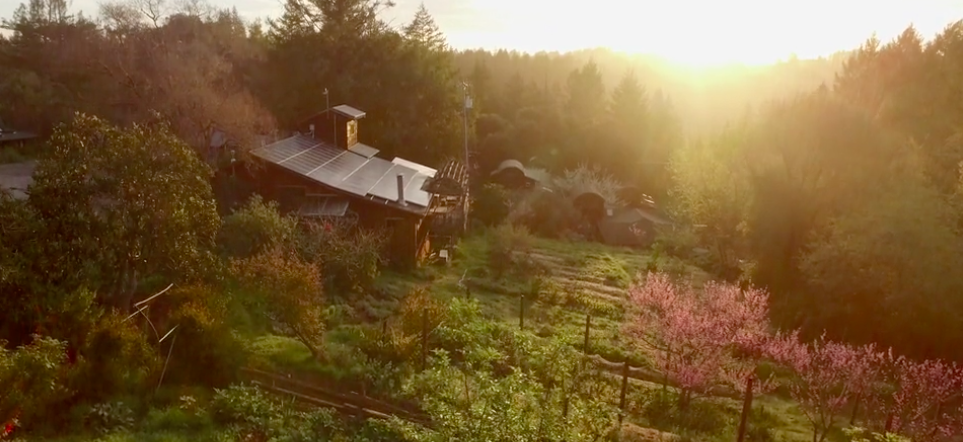
An old process for a new day.
People have thrived in place for thousands of years by applying the learned wisdom of their place. Some of us may still be tending the land that our ancestors cared for hundreds or thousands of years. Others of us find ourselves as members of various diaspora of settlers or immigrants, moved by force or choice, in places very different from our indigenous lineages.
For people who have been thriving in place for millennia, there may be no name for how they design and tend their places but rather an embedded set of values and practices that result in a culture’s long-term ability to thrive in a bio-region. No one owns the name, definition, or process, but everyone knows how to do it.
For those of us who don’t have this intergenerational knowledge, resilient community design is a means for people of a place to collaboratively find solutions for issues they face based on earth systems science and human justice ethics. Although many things bring resilient community design to life, at its root, it is a land planning system.
Our methodology is based on an iterative, four-step design process called permaculture..
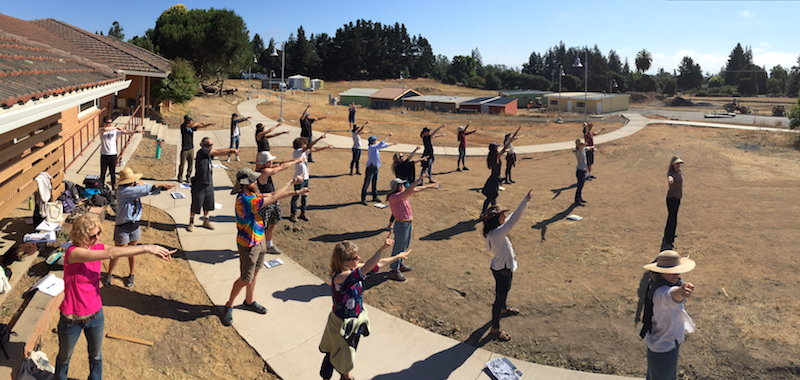
“Body Solar” exercise to observe and measure the path of the sun. Photo by Brock Dolman
OAEC’s Resilient Community Design program works to foster community-scale resilience in 4 ways:
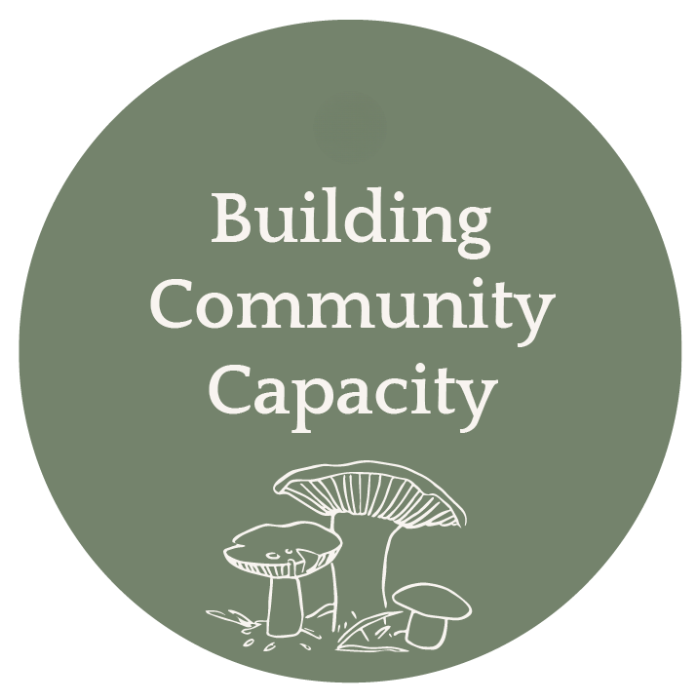
In the face of global ecological and social crises, building community resilience – the ability of whole communities to thrive in place over time with dignity, justice, and ecological sanity – is OAEC’s ultimate goal.
With Resilient Community Design, OAEC’s adaptation of the permaculture design methodology, program staff facilitate groups such as schools, farms and ranches, highly-impacted communities, non-profit organizations, and government agencies through land design processes that addresses their cultural, ecological and economic needs.
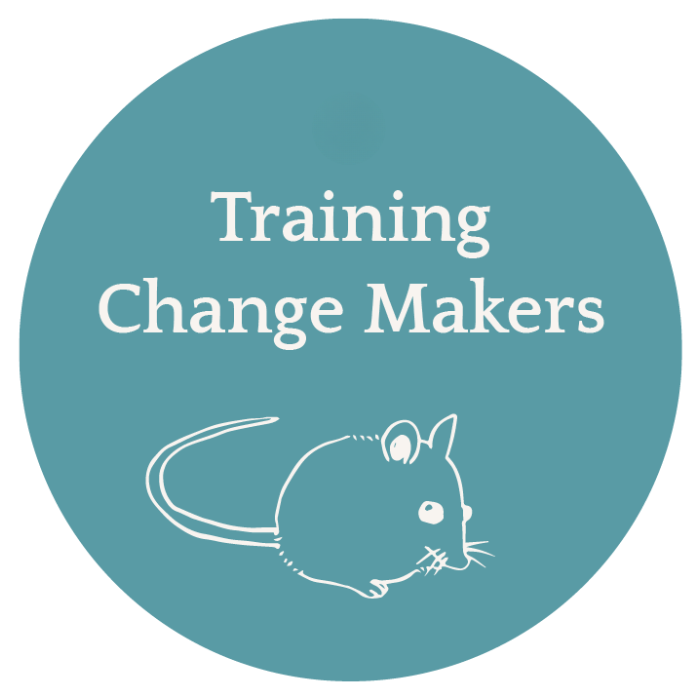
Each year the Resilient Community Design Program offers change makers from around the globe an opportunity to become trained through our flagship Permaculture Design Certification (PDC) in areas such as edible perennial food forest design, carbon farming, group facilitation, and community governance.
The Permaculture Design Certification course offers a comprehensive design theory and practice curriculum that empowers landowners, policy-makers, philanthropists, land-use professionals, non-profit and agency staff, students, neighbors and social justice advocates to bring integrated design solutions to the bio-cultural challenges they face in their lives and work.
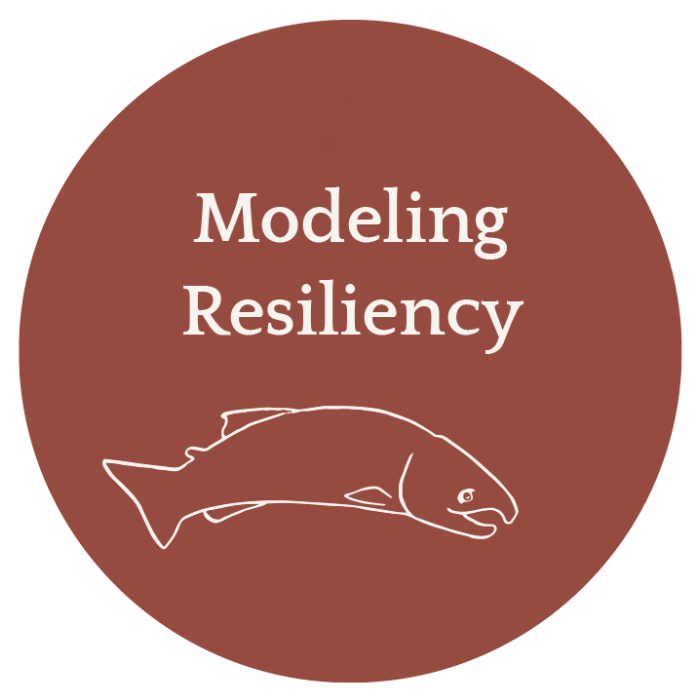
Through holistic, integrated systems on our 80-acre demonstration site, OAEC is practicing and modeling examples of how to restore and protect the ecosystems in which we live.
OAEC has applied dozens of permaculture design solutions such as roofwater catchment, graywater, solar hot water, solar panels, hydro-electric systems, organic gardening and seed saving, composting and vermiculture, food forests, natural building, animal husbandry, wildlands restoration, resource sharing, and more.
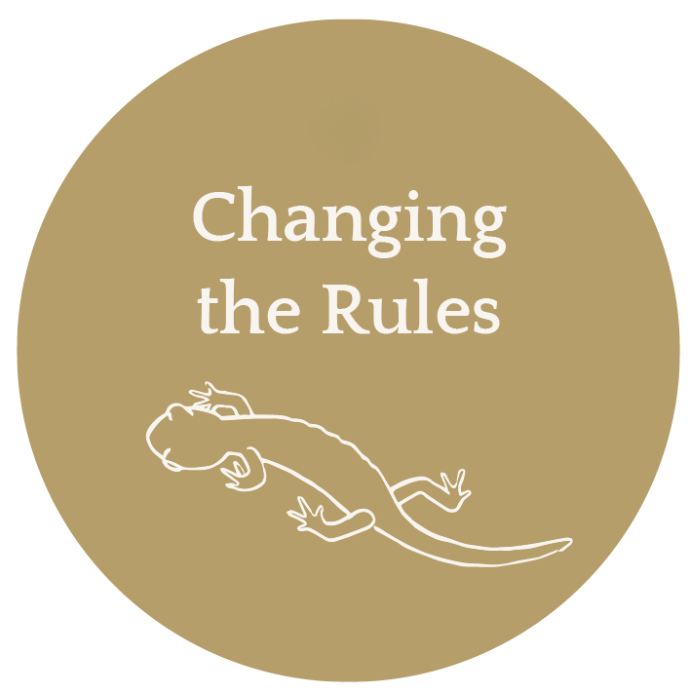
Many communities face policy barriers that disable them from implementing just, ecological, and locally-appropriate solutions to the issues they face.
OAEC helps identify common obstacles to equitable and regenerative living and forms coalitions to move forward new policies, regulations, and laws that allow for the legalization, research, and funding of bio-culturally appropriate solutions that communities seek.
RCD News
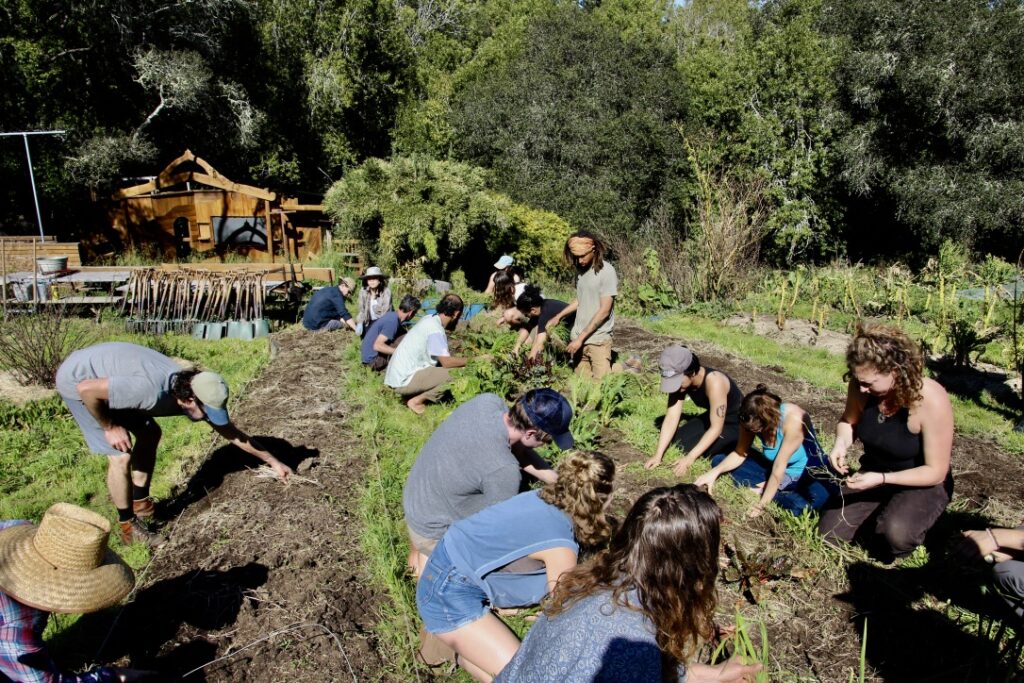
Sign Up for 2025 Permaculture Design Courses
We’re offering two HYBRID Permaculture Design Courses (PDC) at OAEC in 2025! Hybrid courses include 4 weeks online self-paced learning + 8 days residential hands-on skills + design training at the … Read more
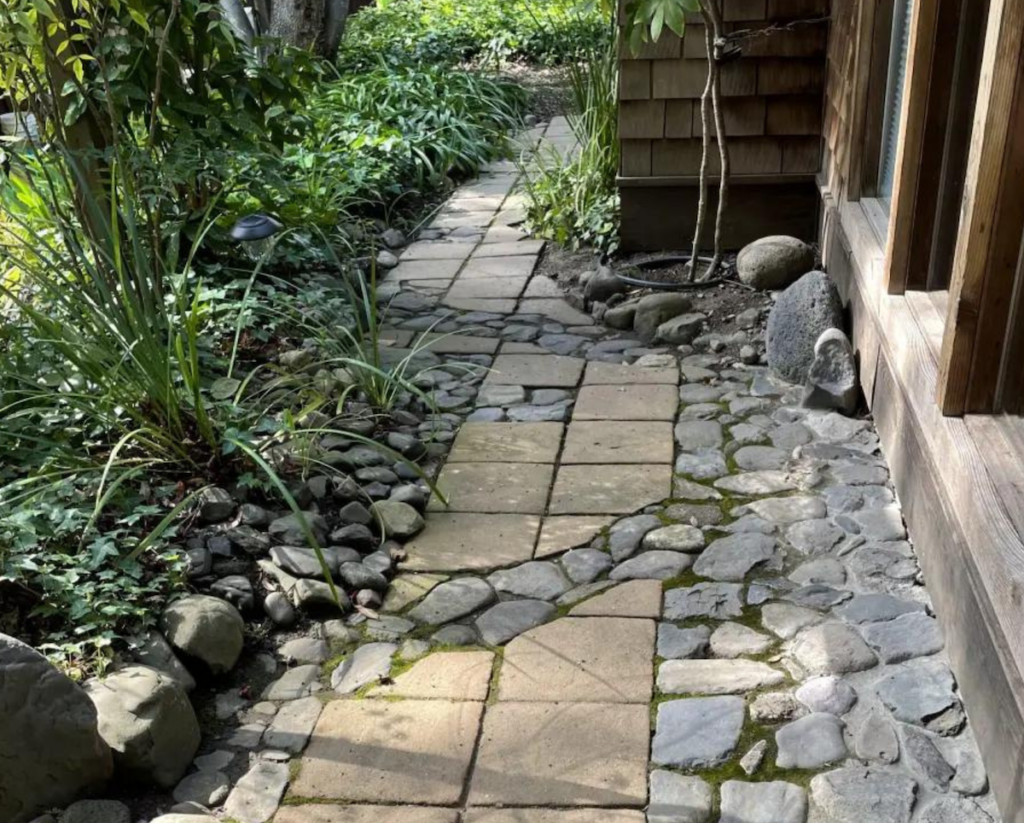
Residential Rainwater & Fire Resilience Workshop Nov. 2nd
Join us Saturday, November 2nd from 10AM-1PM for a Residential Rainwater and Fire Resilience Workshop co-hosted by the Occidental Arts and Ecology Center, Gold Ridge RCD and Sonoma County Ag + … Read more
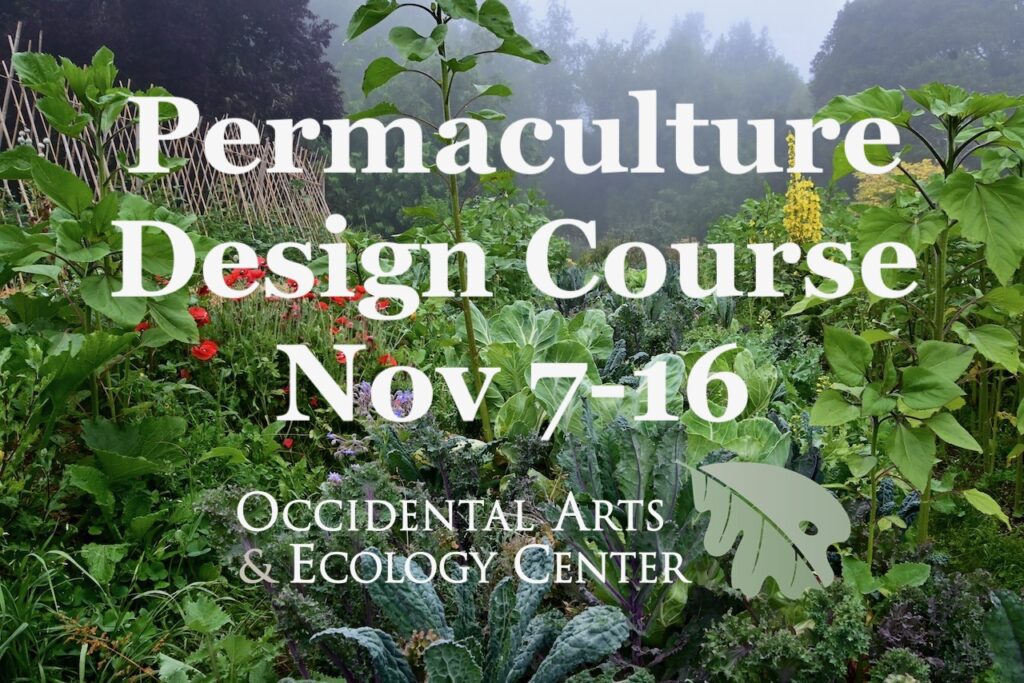
Permaculture Design Course – Nov 7-16
Exciting news! For the first time in years, we actually have a few spots open in our upcoming Permaculture Design Certification this fall!Our popular hybrid Permaculture Design Course offers a … Read more
